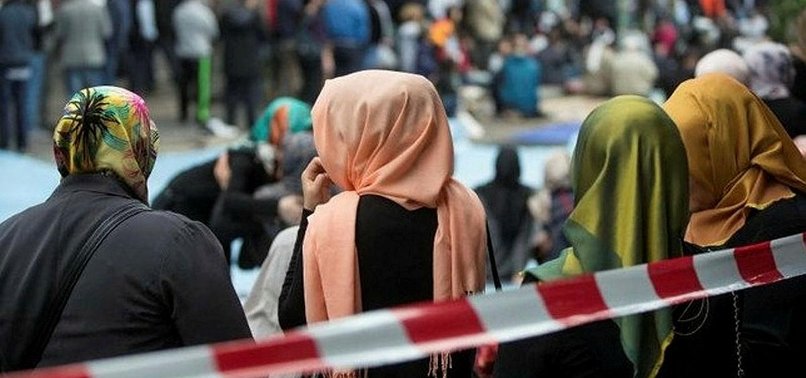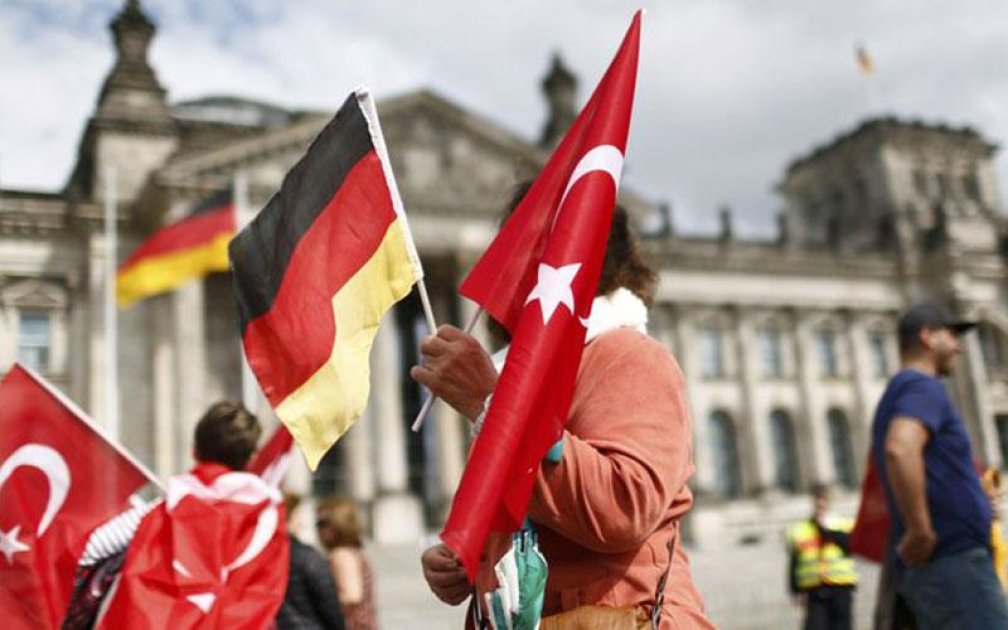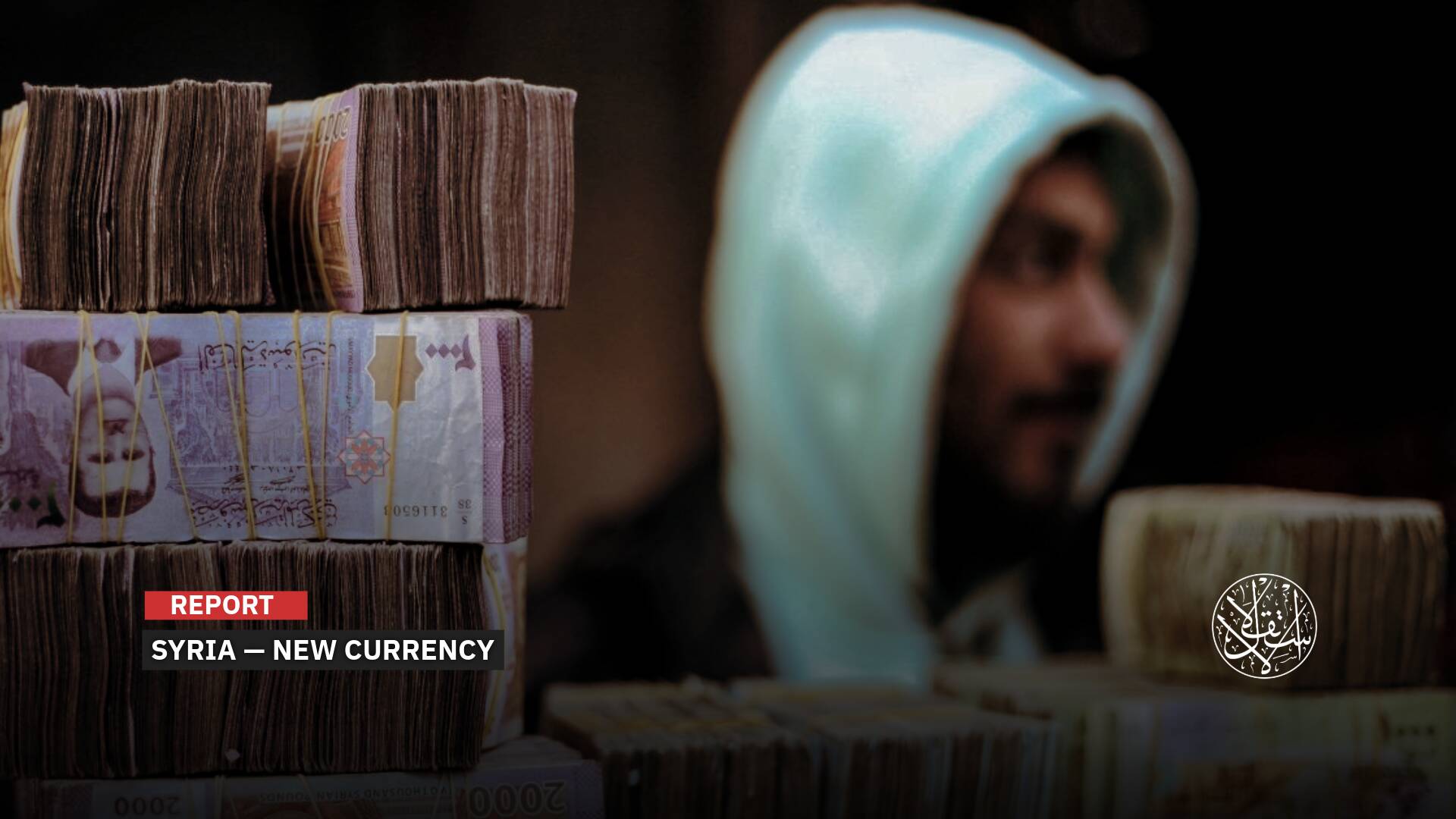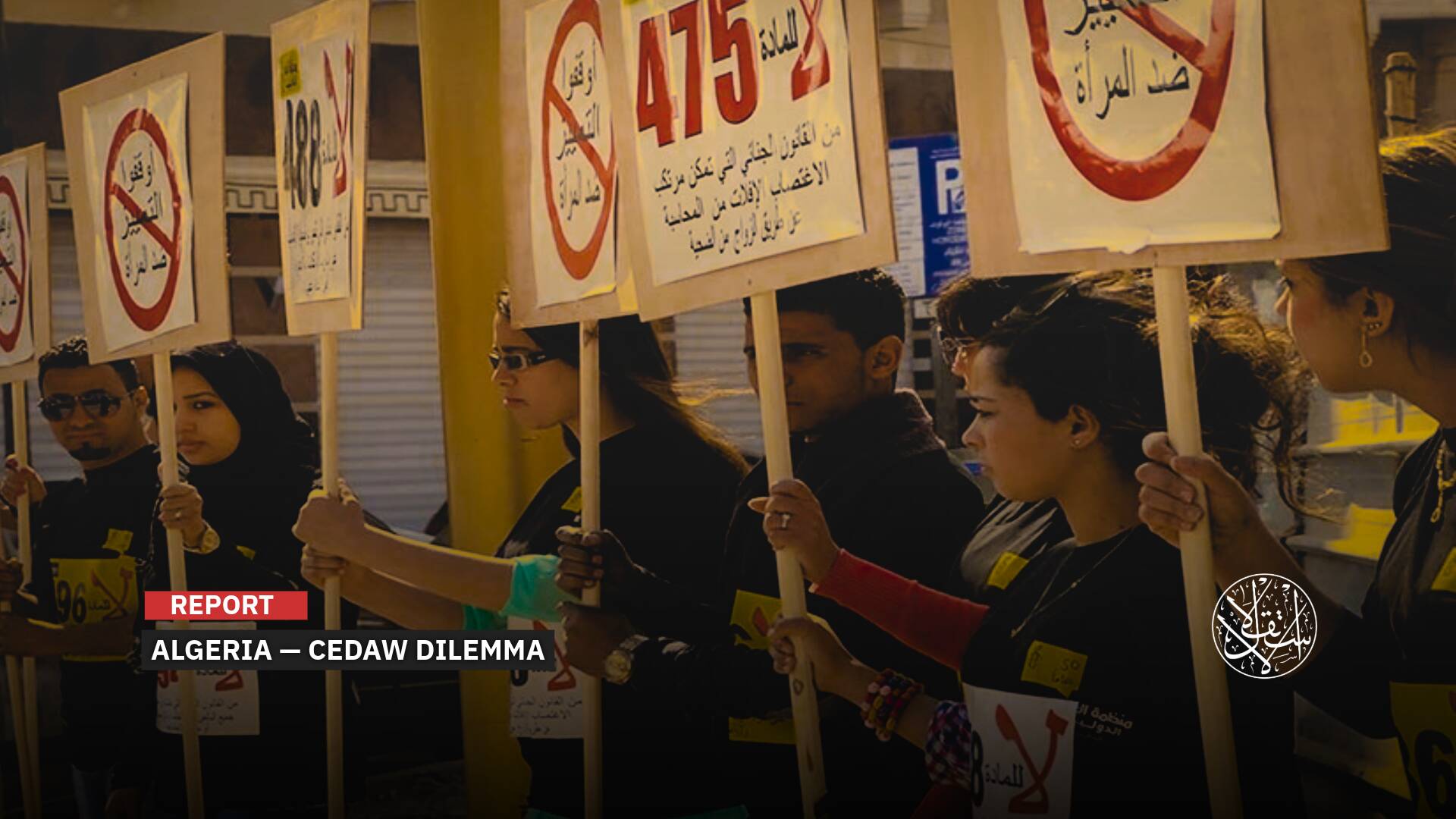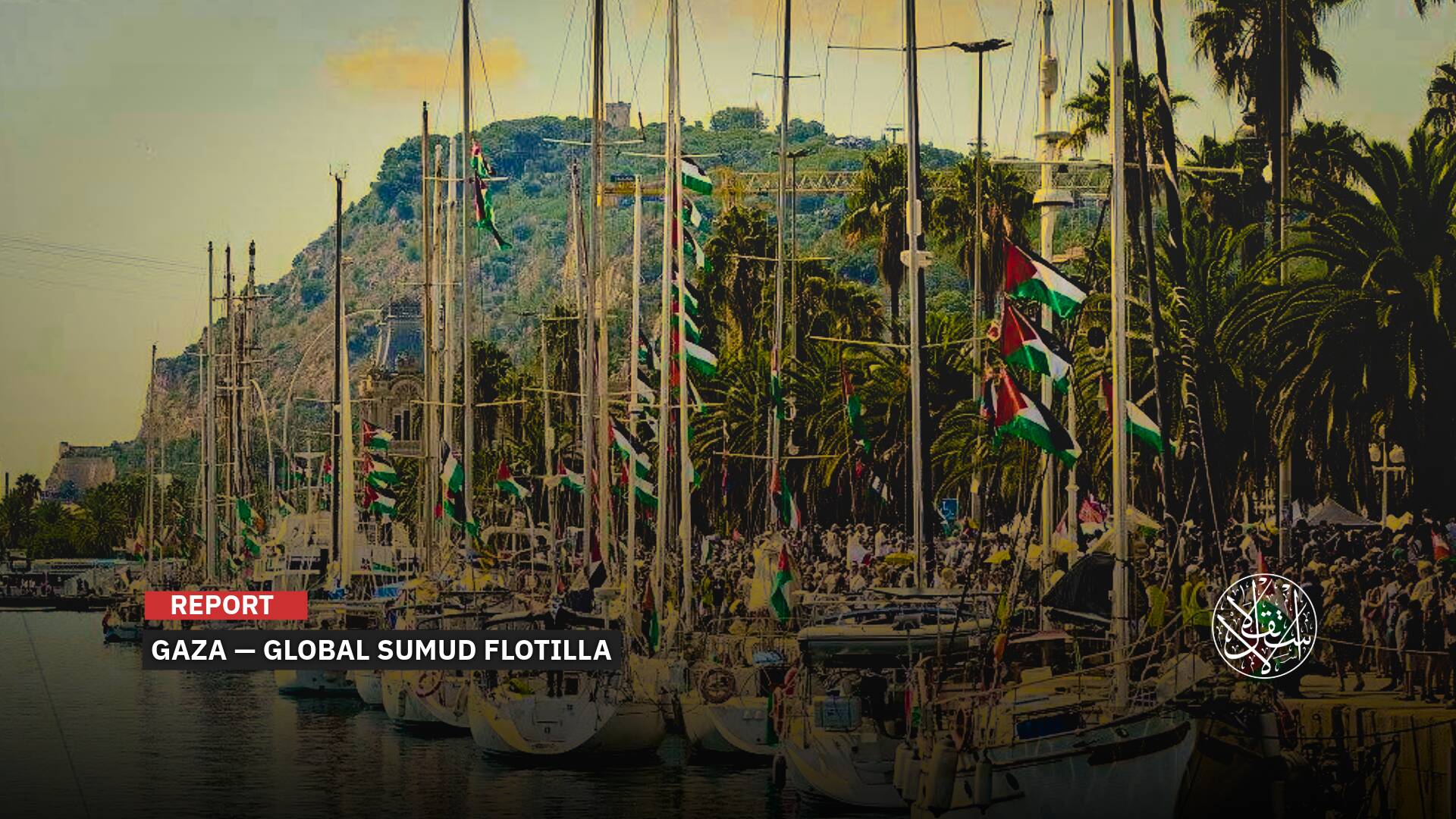Despite Discrimination, Turks in Germany Present a Huge Economical Power
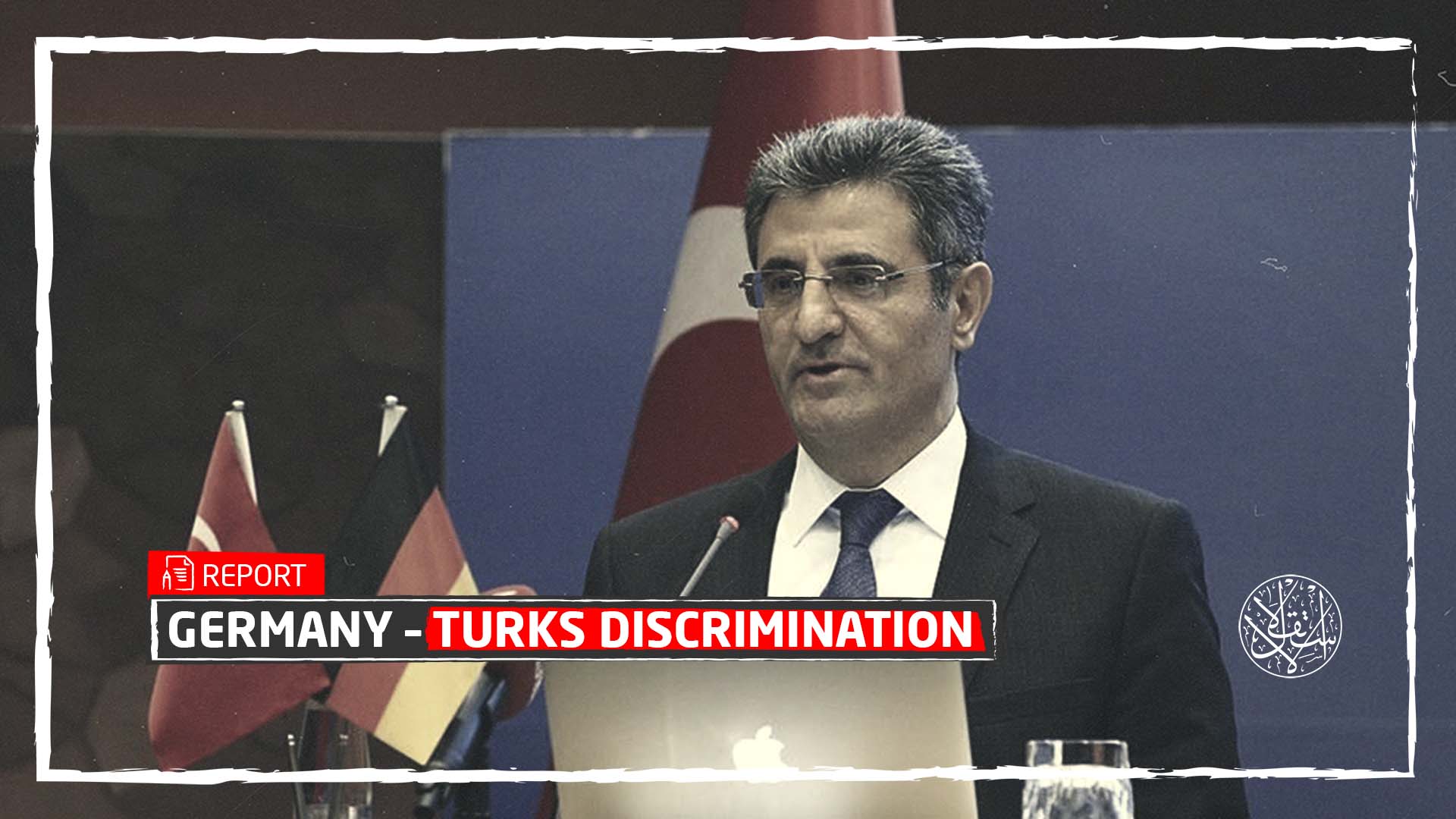
An ethics book in a German high school prompts students to react to the following hypothetical scenario: “A Turkish father arranges a marriage between his daughter and nephew to trick the government.”
As words of the text spread in Germany, so too have accusations of racism and stereotyping from the ethnic Turkish community that has long faced discrimination in the country.
Education authorities in the North-Rhein Westphalia state in the west of the country have pulled the book in question from classrooms in the town of Siegburg, close to Bonn.
The exact text reads: "A Turkish father in Germany marries his daughter to his brother's son without the daughter's consent in order to secure the nephew a residence permit for Germany and thus a livelihood.”
The assignment went on to ask students to work in pairs to discuss the topic and see what conflicts they see in the situation described.
Anbei eine Schulaufgabe der Oberstufe des Gymnasiums Siegburg Allerstrasse
— Fatih Zingal (@FatihZingal) February 1, 2022
Rassismus ist längst im Bildungssystem angekommen. Möchte nicht wissen, wie viele türkeistämmige Schüler von diesen Lehrkräften in der Vergangenheit benachteiligt worden sind. pic.twitter.com/swRArA6sZu
The incriminated text, as tweeted by local lawyer Fatih Zingal
History of Discrimination
In Germany, approximately three million people of Turkish descent live, making them the country's largest minority. Many families came to Germany as guest workers after WWII and stayed for decades, despite the fact that they were not eligible to apply for German citizenship until a reform in 2000.
Approximately 1.5 million people are still without citizenship. Discrimination is common, and xenophobic violence still exists; for example, four Turkish and Kurdish Germans were among the ten people killed in a mass shooting in Hanau in 2020.
The racism goes back to the last century. In 1985, German journalist Günter Wallraff published his internationally successful book Ganz unten (“In the Pits” or “Way Down”) in which he reported the discrimination faced by Turkish people in German society.
He disguised himself as a Turkish worker called "Ali Levent" for over two years and took on minimal-wage jobs and confronted German institutions. He found that many employers did not register or insure their Turkish workers. Major employers like Thyssen did not give their Turkish workers adequate breaks and did not pay them their full wage.
More recently, the German state officially recognizes this discrimination explicitly. In March 2021, Angela Merkel, Germany's chancellor, expressed regret for racist attitudes and acts of violence directed at the country's Turkish community.
Merkel reaffirmed her government's commitment to combating discrimination and racism at a press conference in Berlin following a video conference meeting with representatives of major ethnic groups and immigrant organizations.
"We have experienced very bad incidents in recent years, like the NSU [National Socialist Underground] murders and the Hanau attack," Merkel said, referring to major deadly terrorist attacks by far-right extremists.
"After all these, it's really difficult for a person of Turkish origin to believe that they are welcome here, that they have equal chances," she said.
Huge Economic Power
Turks in Germany are a major economic power, and along with their investment map across the country, they have a striking role to play in supporting Turkey's economy.
In 2016, a year that saw a failed military coup attempt against the regime of President Recep Tayyip Erdogan, after which the Turkish lira fell, Turks in Germany transferred nearly 800 million euros to their country.
In December 2021, the Presidency for Turks Abroad and Related Communities (YTB) prepared a short documentary, marking the 60th anniversary of the Recruitment Agreement signed with Germany, addressing the role that Turks have played for six decades in enriching German society on all tracks, through stories and experiences of some residents there.
For the entire six decades since the first generation of Turks in Europe, they have been able to engage in European society through economic and business tools, having a broad map of real estate and investment assets, building a deep-rooted ground to ensure that they remain in the face of any targeting of any kind.
Dutch businessman Ahmed Osman says that since coming to Amsterdam nearly 10 years ago, the Turkish community has been the most influential minority, economically, noting that they now own dozens of projects in the Dutch capital and some cities in Belgium and France, likewise Germany, where they occupy an economically prestigious position.
Speaking to Noon Post, Osman said Turks were the fastest to switch from workers during the 1960s to major entrepreneurs at the beginning of the century, noting that most restaurants and supermarket chains are Turkish-owned, a proportion of which are owned by Moroccans.
Political Influence
The Turkish community in Europe has a large political presence, giving it a force that has increased its weight internally, becoming one of the largest voting blocs which became a primary target for political forces in European countries during electoral marathons of all kinds, as translated by the language of numbers.
In Germany's last general election in 2021, 18 candidates of Turkish origin won seats in the Federal Parliament (Bundestag).
The winners are notable for their differing political trends, reflecting the size and strength of diversity and integration (9 for the Social Democratic Party, 5 for the Green Party, 3 for the Left Party and one for the Christian Democratic Union).
In those last elections, more than 100 people of Turkish origin ran, while the number of parliamentary seat winners rose from 14 in the previous parliamentary session to 18 in the current session, clearly indicating a rise in political presence and community influence, demonstrating the political popularity of Turks and their ability to gain the confidence of the German voter.


